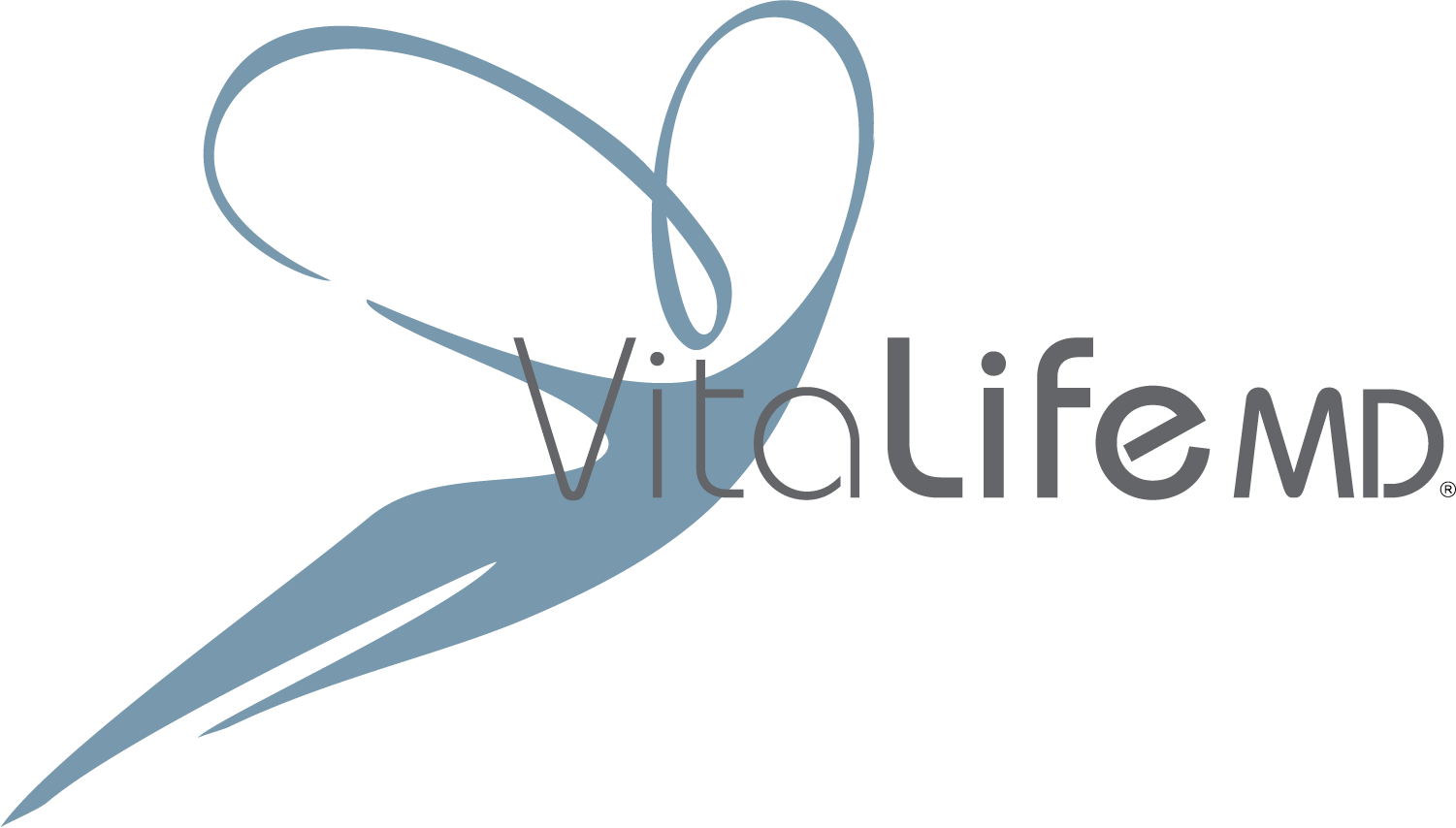Can intuition help our health?
By Wendie Colter, MCWC, CMIP
Dr. Dominique Fradin-Read is pleased to feature a blog post from Wendie Colter who will talk about the importance of intuition in life and in particular in the field of health and medicine. Wendie Colter, MCWC, CMIP, is a professional Medical Intuitive and founder/CEO of The Practical Path Inc., presenting educational programs for professional and personal intuitive development.
“I trust my gut feelings.”
…“I just knew something was wrong.”
…“I heard my intuition nagging at me.”
…“I had a dream about a health issue.”
How does your intuition speak to you? Can intuition support our health and wellbeing?
Our body sends messages to us in many ways. Learning to pay attention to these intuitive signals can help us to keep track of our health, respond more quickly to health concerns, and may even help prevent a health issue from developing.
Although this might sound very “woo-woo,” our body’s intuitive messaging system is hardwired into our biology. Studies from the HeartMath Institute show that the heart appears to receive and respond to intuitive information ahead of the brain and the conscious mind.
Dream imagery can relay intuitive information about health as well. A study of women who experienced warning dreams preceding a diagnosis of breast cancer found that their intuitive dreams were powerful, life-changing experiences that prompted them to get the needed medical attention.
How can we pay attention to our body’s messages?
A regular meditation practice can help release stress, calms our nervous system, and creates a quiet inner focus. This can give us the opportunity to “hear” our body’s messages more clearly.
A simple body scan can be a useful tool to connect intuitively with our bodies. While sitting comfortably or lying down, mentally check in with your body, starting at your feet and moving slowly up to the top of your head. Notice any intuitive impressions that may arise.
Jotting down intuitive impressions in an intuition journal helps “build the muscle” of your intuition. You can also keep a notepad at your bedside to write down any intuitive dreams on waking.
Though it may seem a bit daunting at first, developing an intuitive connection between our minds and our bodies is in many ways like learning a new language or strengthening a new muscle. With time and practice, your intuition can grow.
For information on upcoming programs and workshops, please visit www.thepracticalpath.com or call 877-433-6611. ©2022 The Practical Path, Inc.
A Note from Dr. Read:
I am delighted that Wendie has chosen to remind us all of the importance of intuition in health. Not only is intuition important on the patient’s side but it also needs to be part of the physician’s approach to healing. This is what we often refer as the “art” of medicine – an essential yet oft-neglected consideration in the practice of medicine nowadays.
Having been trained as a physician both in Europe and in the United States, I am keenly aware of the differences in medical education that exist on the two sides of the Atlantic. European training emphasizes the importance of the “clinical sense” (“le sens clinique”), whereas technology and testing are more prominent in American medical education curriculum. I came to realize during my 40-year career as a physician that, especially when dealing with difficult cases, I could make a more accurate diagnosis by simply adding a touch of intuition to the results provided by various examinations and tests.
A dear patient of mine told me one day that he chose me as his physician because I “had good instincts.”
Is medical intuition a gift or the result of an initial innate sense enhanced by good medical knowledge and experience?
I hope that, in the future, various universities will be able to add this important component of medicine to their curricula.
